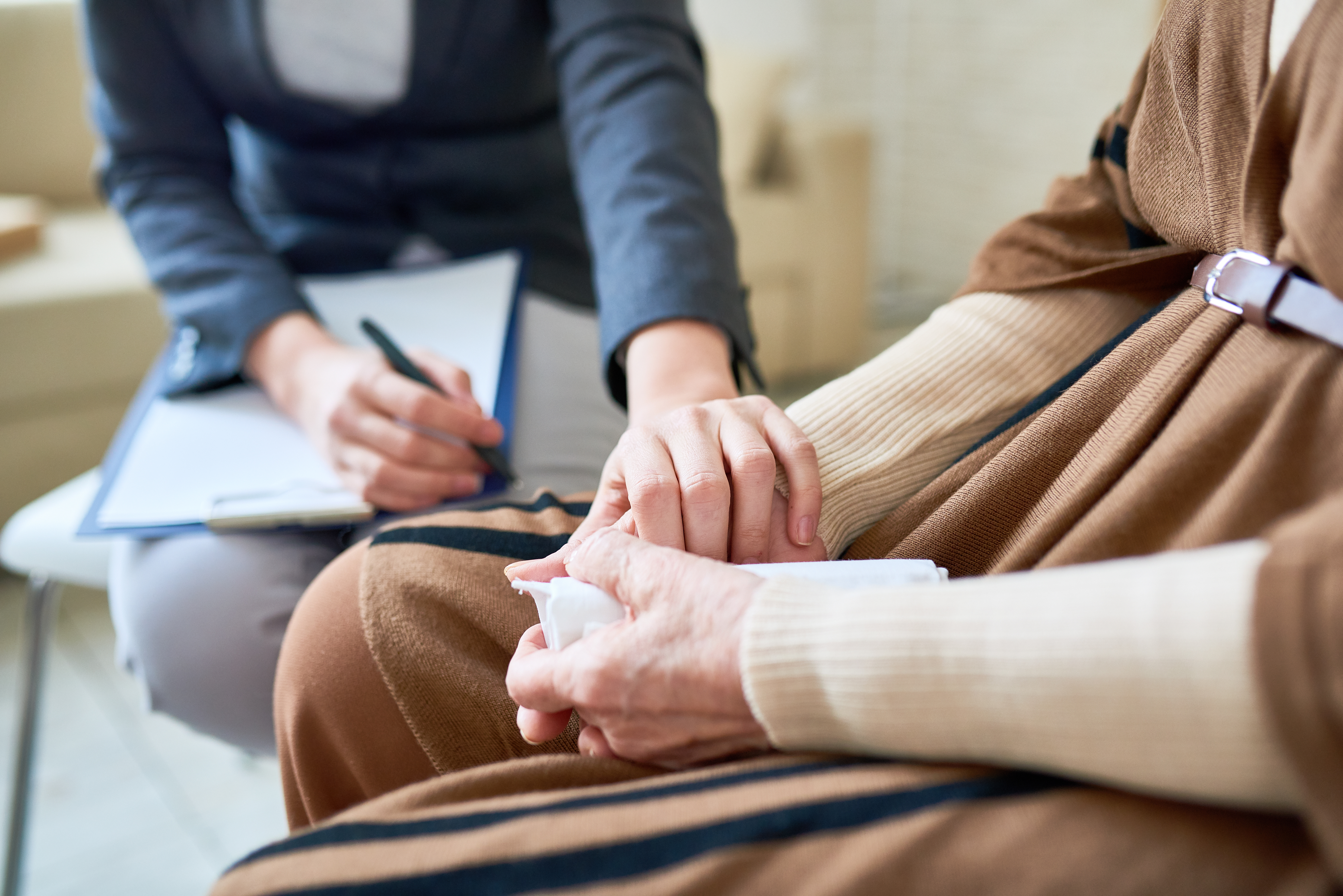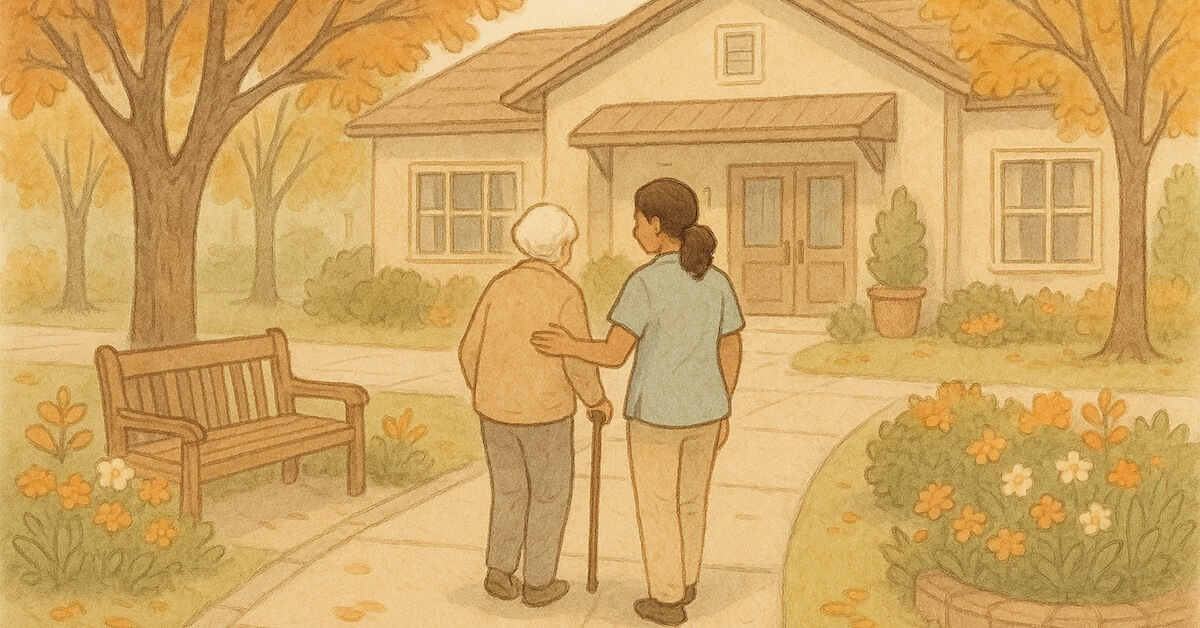Person Centered Care: The Art of Authentic Listening

 With today’s emphasis on person centered care, communication skills are essential. Any senior care or hospice professional regularly interacts with people with communication challenges stemming from brain injury, stroke, hearing loss; Parkinson’s disease or Alzheimer’s disease.
With today’s emphasis on person centered care, communication skills are essential. Any senior care or hospice professional regularly interacts with people with communication challenges stemming from brain injury, stroke, hearing loss; Parkinson’s disease or Alzheimer’s disease.
If we were to take an honest look at how we normally listen we would see something like this: We appear attentive and listening to the words the other person is saying. We may be distracted by our thoughts about what we are hearing while already forming our response. Or we may be having little (or big) judgments about what is said. Most of the time we are more involved with our own experience than that of the other person.
Develop the Qualities of Authentic Listening
Listening from the heart requires self awareness and a willingness to expand your comfort zone. Intend to listen more authentically. Here are some tips for how to become an authentic listener.
- First of all, quiet your mind. Our minds are in constant motion due to distractions that compete for our attention. Quiet the mental chatter and open a space for deep attentiveness.
- Listen without judgment. Judgment is reacting based on our own past experience. We react because our personal triggers get pushed resulting in judgment. Awareness of your triggers opens communication. Simply receive without judgement.
- Commit to patience. We live in a rushed world. We tend to move on to the next thing rather than attend to what is in front of us. True communication can’t be rushed. Be patient.
- Remain in the moment. Let each moment of the interaction unfold without trying to steer it a certain way or without preconceived ideas about where the conversation is going.
- Listen first, and then respond. Our tendency is to mentally form our response while the person is still talking. Focus first on what the person is conveying.
- Be honest. If you are unable to fully attend it’s better to say so than pretend you’re listening. When preoccupied, tell the person you care but you can’t give your full attention right now. This is acting with integrity.
- Listen with your eyes, rather than just your ears. Observe the non-verbal message. What is body posture telling you? Is voice tone consistent with spoken words? What’s the facial expression saying?
- Be comfortable with silence because it leads to powerful communication. Silence allows the heart to connect and builds trust and empathy.
- Lastly, receive the gifts of authentic listening. When you listen from the heart you enter into a mutual experience of giving and receiving. Let the experience uplift you.
Authentic listening is not about doing anything. Therefore no formulated response. No need to fix anything or to make the person feel better. But rather it's about being with the other person while caring about his or her experience. In conclusion, Rachel Naomi Remen tells us, “Listening is the oldest and perhaps the most powerful tool of healing. It is often through the quality of our listening rather than the wisdom of our words that we are able to effect the most profound changes on the people around us.”


